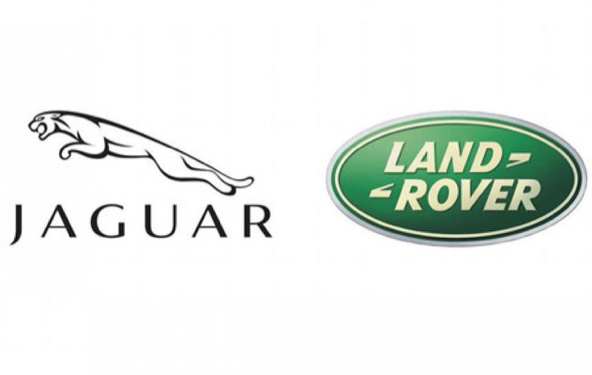JLR confirms 4500 job losses 10 | 01 | 2019

JAGUAR LAND ROVER has confirmed it is to shed 4500 jobs. The cuts come as part of its Charge & Accelerate restructuring plan in the wake of falling sales, ongoing large financial losses, continued fears over Brexit, and the global shift away from diesel. Currently 90% of JLR vehicles sold in the UK, and 45% globally, are diesel-powered.
The job losses account of around 10% of the Tata-owned carmaker’s 43,000 workforce in the UK, which includes plants in Solihull, Halewood and Castle Bromwich. (Related: Jaguar cuts hint at move towards electric-only car manufacture)
JLR CEO Ralf Speth said: "We are taking decisive action to help deliver long-term growth, in the face of multiple geopolitical and regulatory disruptions as well as technology challenges facing the automotive industry."
JLR has made no mention of any plans for immediate factory closures. And it said today’s cuts were part of the company’s “turnaround and transformation programme”. (Related: JLR factory to close for two weeks)
With sales of saloon cars and diesel engines falling, today’s job losses will form part of the major £2.5 billion turnaround plan by JLR, which reported a loss of £90 million in the third quarter of 2018. At the time, the company blamed sharply falling sales in China as the key reason. (Related: Jaguar I-Pace is Scottish Car of the Year)
JLR says its £2.5bn saving will come from £1bn in investment reductions, £1bn in cost reductions and £500m in inventory and working capital improvements. Today’s job losses will be voluntary redundancies across the whole business.
Today’s news follows cutbacks announced last year when 1000 workers at the Castle Bromwich were put on a three-day week. In addition, 1000 agency workers were laid off in 2017.
Last year saw global sales for Jaguar Land Rover fall 6.9% in 2018. In comparison, UK sales were relatively stable, down just 1.5%. But it was in China where JLR saw sales plummet 21.6%. (Related: All-new Range Rover Evoque)
The company also confirmed it has committed to further UK investment in electrification, with electric drive units to be made at its Wolverhampton powertrain plant from 2020. This, JLR bosses believe, will help safeguard jobs at the plant as buyers move away from internal combustion engines.
A new battery assembly centre will also be created at the company’s Hams Hall facility, which has been described as one of the largest of its kind in the UK. The plant utilises new production techniques and technologies to produce battery packs and modules for future Jaguar and Land Rover models.
JLR has previously stated that all its models launched from 2020 will include an electrified variant in the range. Plug-in hybrid Range Rover and Range Rover Sport models are already available, as is the award-winning all-electric Jaguar I-Pace.
There remains a belief that Jaguar’s longterm goal is to become a manufacturer of electric-only vehicles. Plans are understood to have been discussed at senior management level, though the dramatic change in direction hasn’t been signed off yet.
This year will see the second-generation of the Range Rover Evoque go on-sale, while the much-anticipated new Land Rover Defender will also enter showrooms.
Related: Land Rover teases two-door coupe
Keep up-to-date with all the latest news by following us on twitter.com/Scotcars
Jim McGill